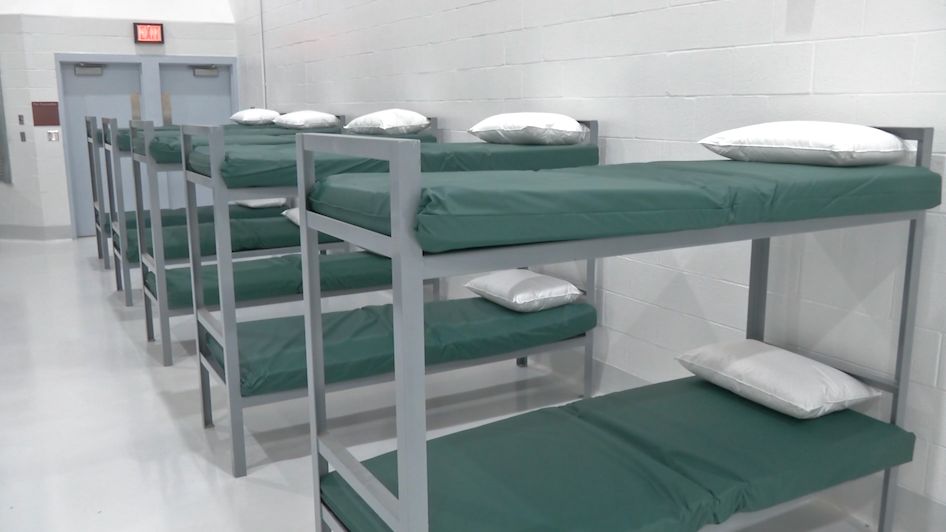For the past few decades, old buildings have stood as a constant reminder of what once was. At one time, employing tens of thousands, this one time IBM campus has sat mostly vacant ever since.
“Our industrial campus has been in decline since IBM left. We relied on IBM for everything. We put all our eggs in one basket. When they left, we our village was on the verge of losing our industrial campus all together,” said Linda Jackson, (R) Endicott mayor.
Endicott has been searching for new tenants ever since, but in 2020 a controversial one raised concerns in the village.
SungEel Hitech of South Korea was set to use the property as a battery recycling plant. But following backlash from residents over possible pollution and safety concerns, the company pulled out.
“The owners didn’t care about the place. They were just walking away. We would have been stuck with all those empty dilapidated buildings with nothing to do, no employees, no taxes, no anything and it would have been devastated,” said Jackson.
But in early September, for the first time in decades, Endicott’s prayers were answered.
Binghamton University was awarded $63.7 million and an additional $50 million from the state to turn the village into North America’s hub for lithium-ion battery manufacturing. It’s a project that’s expected to generate upwards of $2 billion.
“We’re on the verge of really coming back. The world now has seen that Endicott is the home of the largest domestic gigafactory for lithium ion batteries, so even though we’re no longer known for IBM, we’re now known again worldwide, and for a little town of three and a half square miles, that’s pretty good,” said Jackson.
Many of the buildings will be demolished, while others will be repurposed.
Imperium3 has already begun production and plans to expand.
The Endicott campus will provide both a supply chain, along with a training facility to teach companies to produce these batteries in the U.S. Thousands of jobs are expected over the next few years.
“We are starting out with engineers to set up these machines, but the engineers will be the ones that will train the people running these manufacturing machines. It’s going to be great and they’re going to feel important because these are jobs that are going to be worthwhile and I think it’s going to give everyone a great sense of worth," said Jackson.
The mayor tells us Binghamton University has also purchased a 5,000 square foot space to teach and train students on lithium ion battery production.








